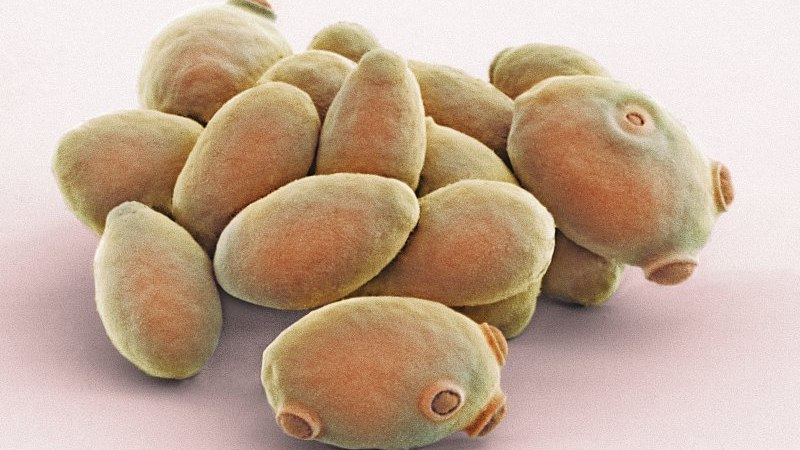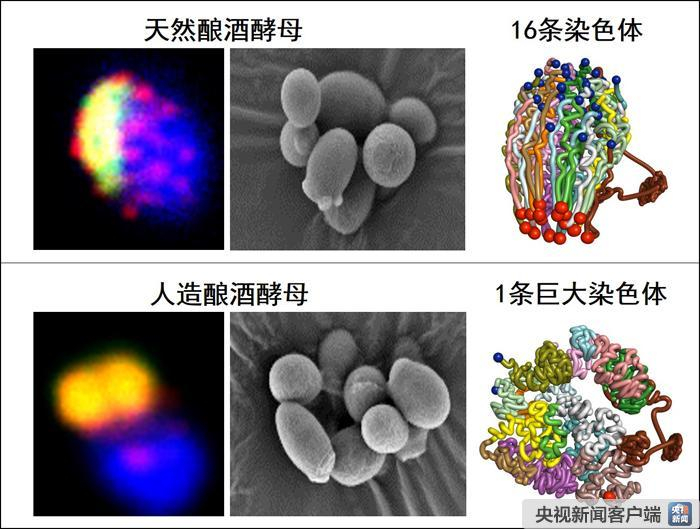
Science
22:32, 02-Aug-2018
Chinese scientists create world’s first 'simplified' yeast with only one chromosome
Updated
21:59, 05-Aug-2018
By Gao Yun

Chinese scientists have made a new version of brewer’s yeast by “squeezing” all of its 16 chromosomes into one, with little effect on major functions. The result was published on Nature’s website on Thursday, saying it may help promote the treatment of genomic deficiency diseases.
This is the world’s first “simplified” yeast with only one chromosome. Researchers from New York University also published similar research in Nature, in which they stuffed the 16 chromosomes into two.
The team, led by Qin Zhongjun, a molecular biologist at the Center for Excellence in Molecular Plant Sciences, Shanghai Institute of Plant Physiology and Ecology under the Chinese Academy of Sciences, used CRISPR gene-editing technology to reduce the chromosome count and restructure all the genetic materials of the yeast into one chromosome.

The natural brewer's yeast and 16 chromosomes (above) and the artificial one with only one chromosome. /CCTV Photo
The natural brewer's yeast and 16 chromosomes (above) and the artificial one with only one chromosome. /CCTV Photo
The yeast “looked normal under a microscope, and the changes to chromosome number had little impact on their gene activity,” according to the Nature article, but “grew more slowly” in asexual and sexual reproductions.
The single-celled yeast belongs to eukaryotes. It is an important model to study chromosome abnormality as one-third of its genome is said to be homologous with a human's.
The research further enriches the application of gene-editing technology, said Gianni Liti, a researcher from French National Center for Scientific Research, in an interview with Xinhua News Agency. “The results could be a very promising tool in the medical domain for interfering and correcting genetic defects,” he added.
The research may also help explain the effects brought about by chromosome number differences in species, said the Nature website.
(Top image: Yeast cells /VCG Photo)

SITEMAP
Copyright © 2018 CGTN. Beijing ICP prepared NO.16065310-3
Copyright © 2018 CGTN. Beijing ICP prepared NO.16065310-3